A device brings memory and processing together, helping minimizing errors and avoiding increasing energy demands due to huge amounts of data.


A device brings memory and processing together, helping minimizing errors and avoiding increasing energy demands due to huge amounts of data.
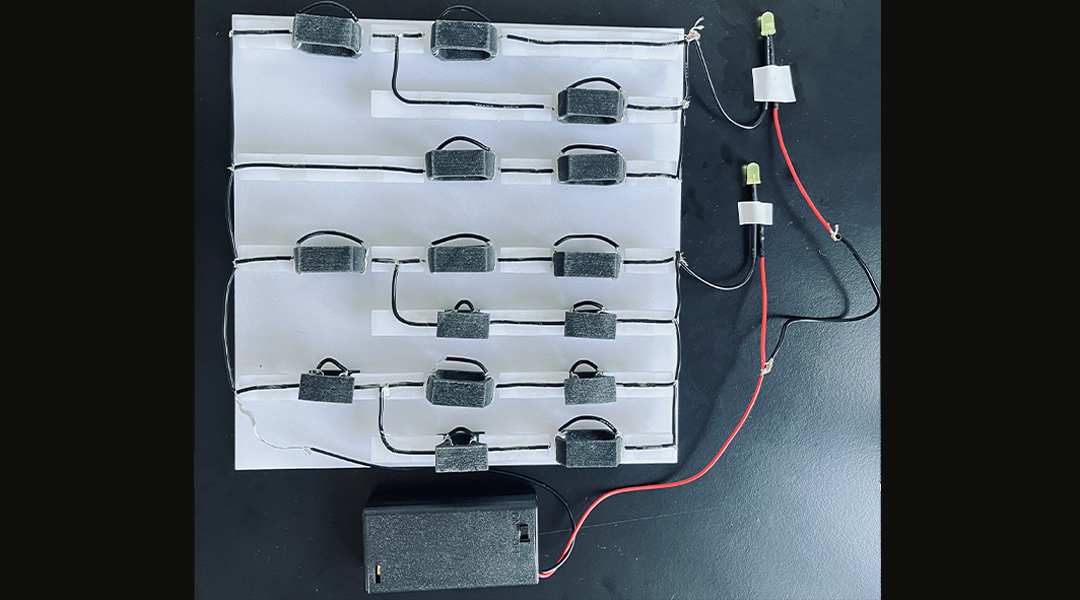
Putting a modern spin on old tech, scientists create a mechanical computer from metamaterials for situations where electronic computers break down.
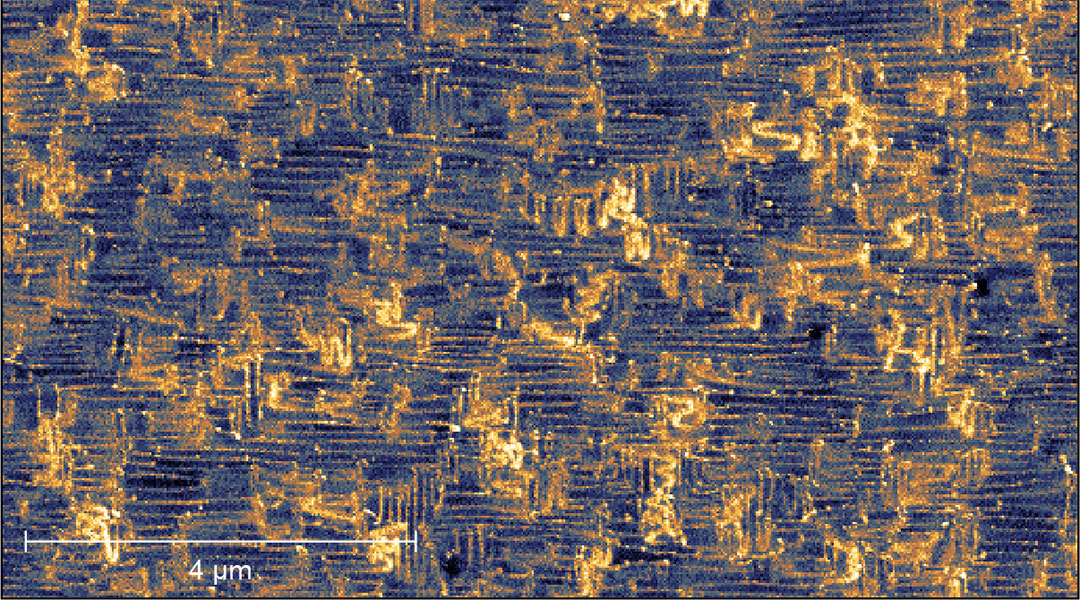
Artificial neural networks made from domain walls mimic synapses and neurons in the brain for neuromorphic computers.
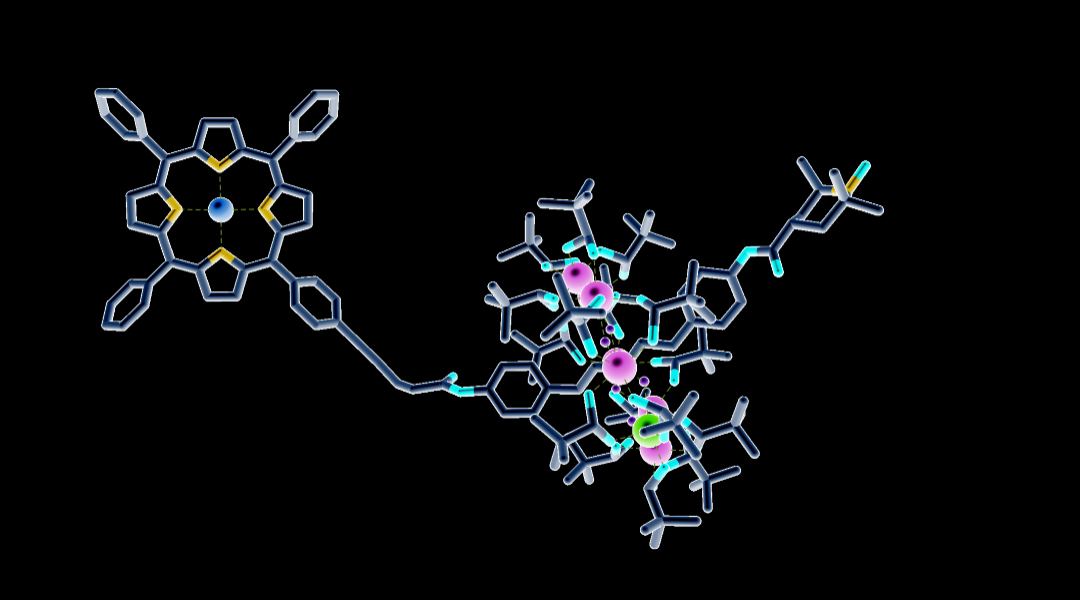
A molecular complex was built to contain three distinct qubits, offering an intriguing architecture for future quantum computers.

The power demands of the Internet of Things could be combated with computing systems that mimic biological neurons.

Scientists hope that a new machine learning algorithm could one day be used to automate the discovery of new physical laws.

A numerical model helps scientists understand how particularities of different terrains affect the trajectory and behavior of dung beetles.
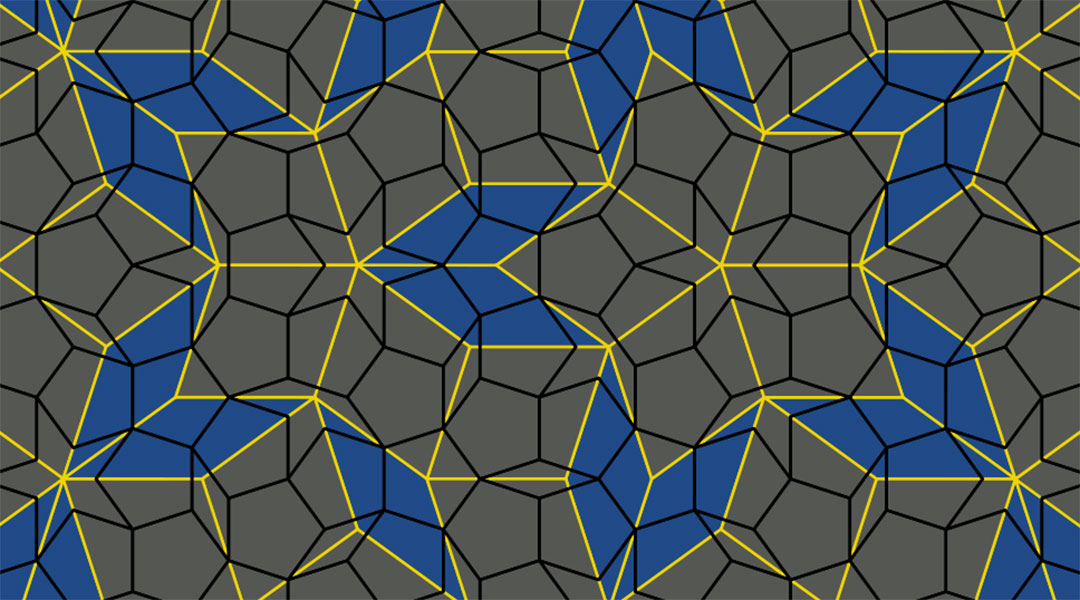
Extra time dimensions provide scientists with a new way to think about phases of matter for more stable qubits and robust quantum computers.

Automated molecule design through machine learning helps scientists identify and synthesize a new polymer electrolyte for lithium-ion batteries.
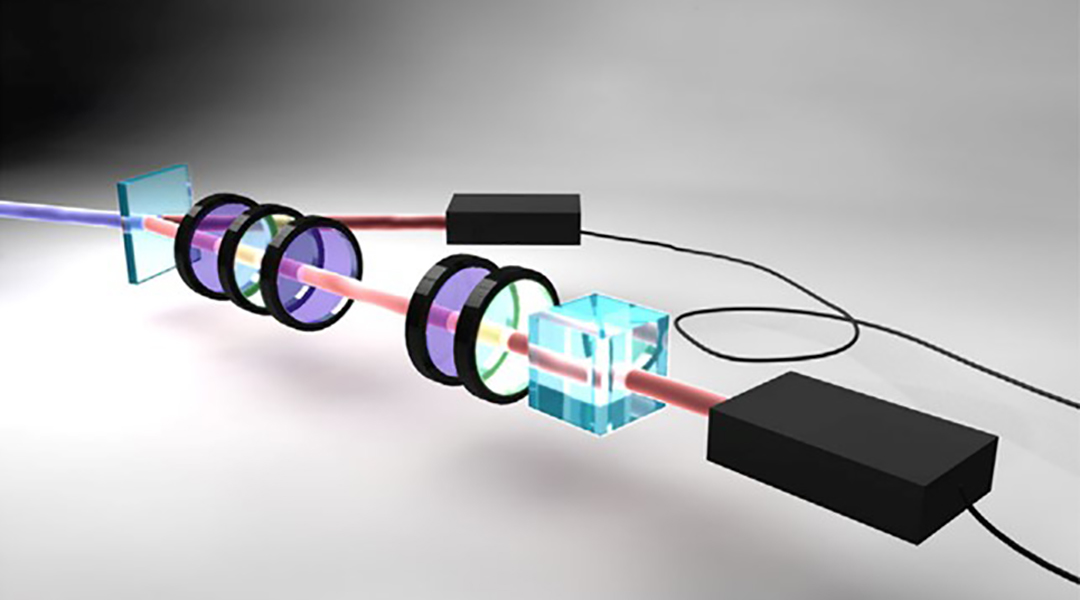
Quantum computing to process large amounts of data tested by bringing together complementary and versatile quantum processors.